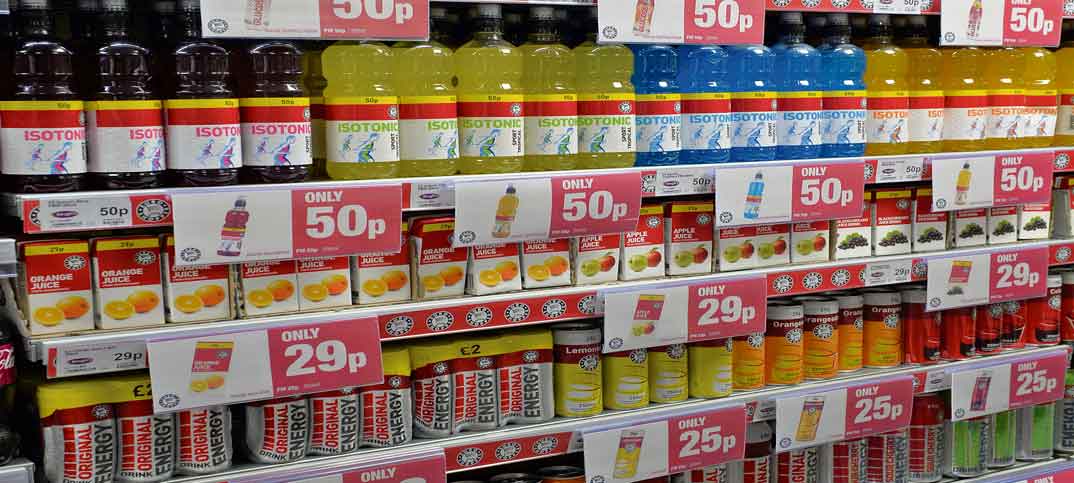Here are two ideas from two shop visits I made last week.
The first was to a bookshop in south-west London where a former colleague was promoting the publication of her first book.
I got talking to one of the booksellers who told me how he had joined the store seven years ago after retiring as an industrial salesman, a job that had involved a lot of travel and encouraged his book reading habit. He was in the shop with his daughter when they saw a sign in the window that said: ‘Staff wanted’.
“You love books, why don’t you do this”, his daughter asked. He recalls writing a terrible letter of introduction full of reasons why they should not employ him, in particular because he had no previous retail experience.
He still recalls with joy that the store manager called him up and invited him for an interview. He does three shifts a week and says the store would like him to do more but he’s retired.
He added that the store no longer recruits that way, which means the bookshop may not find people like him anymore. Great businesses are always on the lookout for talent. And some of your customers may be that talent.
Ten miles away I visited another shop, run by a young entrepreneur who had expanded his news shop with 10 meters of chillers and the ambition to stock every soft drink, beer and cider that Dhamecha could provide.
He runs the store with his wife and one member of staff. He works 13 hours a day, seven days a week. Last week his wife was on holiday for three weeks. I scratch my head as to how he fits in visits to the cash and carry.
The answer is obvious but overlooked. Just put a good deal that you are already doing in the space. If you let shoppers know you have good deals and they see the theatre then they will assume you offer value even if they don’t buy the deal
One of his problems is with the way his customers walk his store. Post Office customers just make a beeline to the counter, avoiding all his attempts to divert them around the store and past his other products.
However, the shop has almost no internal signage and no internal theatre. The few signs that he has are telling his shoppers what to do, not what they can get.
The news advertised out front is hidden out of view around a corner and in the back. So too is the free cash machine.
He has a perfect gondola for promotions and it is half filled. Make it inviting with a sign that says ‘Good Deals’, I suggest. But I can’t afford to do promotions, he says.
This is a common objection by London retailers. The answer is obvious but overlooked. Just put a good deal that you are already doing in the space. If you let shoppers know you have good deals and they see the theatre then they will assume you offer value even if they don’t buy the deal.
He understands. He gives an example of how the shopper’s mind works using a visit to B&Q he made with his mother as an example. She saw a sign saying buy two things and get the third free. What his mother could not understand was why the store would not let her buy two cheap things and get one expensive thing for free. They bought what she had chosen but paid more than she calculated.
However, his mother still believes there are good deals on offer at B&Q. His customers don’t have the same opportunity. The value may be there but the shopper isn’t told about it.
I expect my new friend won’t change how he operates. But would you?



Comments
This article doesn't have any comments yet, be the first!